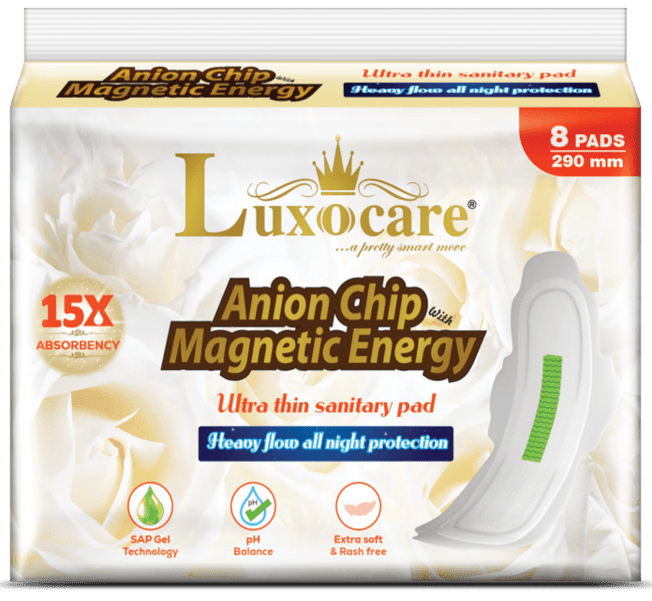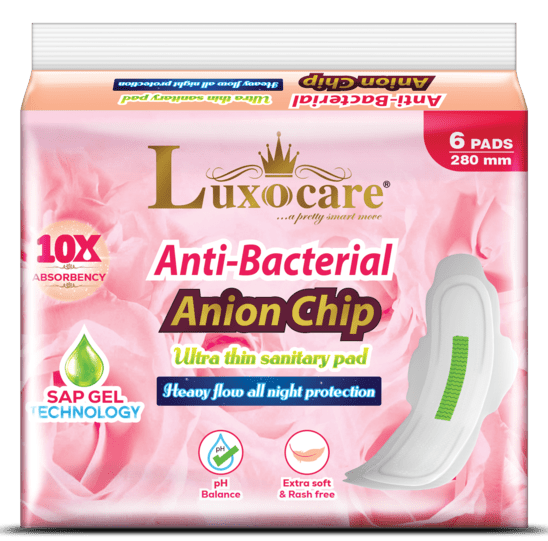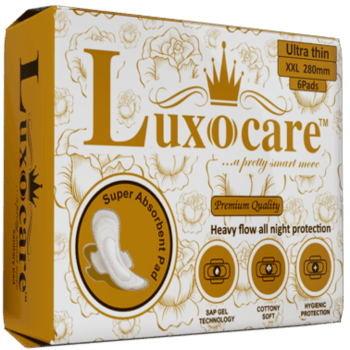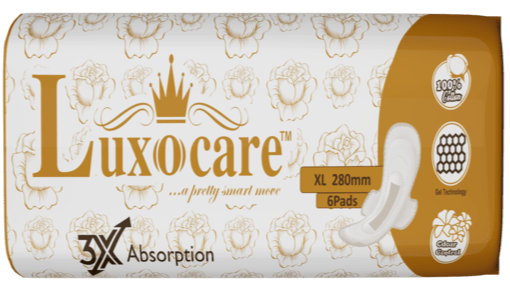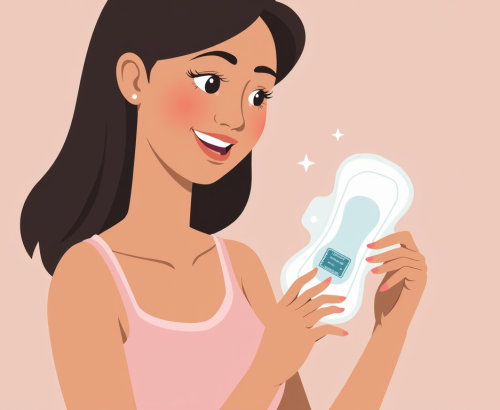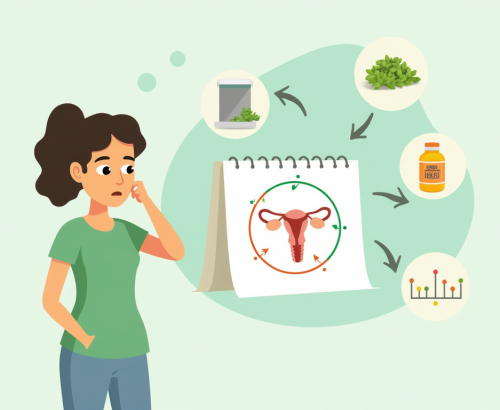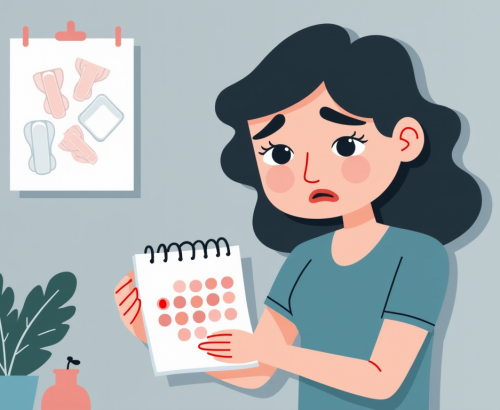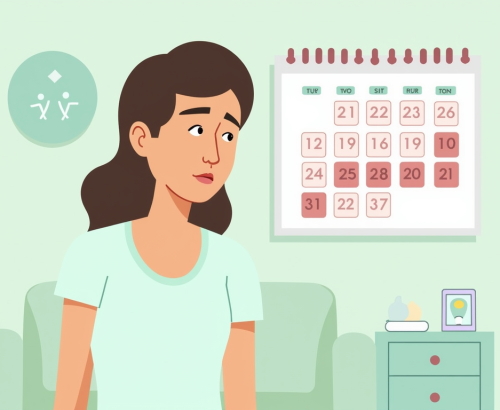
Experiencing discomfort during your period is common, but there are many ways to alleviate symptoms and make your period more comfortable. Here are practical tips and strategies to help you manage pain, reduce stress, and maintain overall well-being during your menstrual cycle.
Pain Relief
1. Over-the-Counter Medications
Ibuprofen or Acetaminophen: These can effectively reduce menstrual cramps and alleviate headaches. Always follow the recommended dosage instructions.
2. Heat Therapy
Heating Pads: Applying a heating pad or hot water bottle to your lower abdomen can help relax muscles and reduce cramps.
Warm Baths: Taking a warm bath can help soothe pain and relax your body.
3. Herbal Remedies
Herbal Teas: Teas such as chamomile, ginger, or peppermint can help reduce cramps and promote relaxation.
Dietary Adjustments
1. Hydration
Drink Water: Staying hydrated helps reduce bloating and maintain overall health. Aim for at least 8 glasses of water a day.
Avoid Caffeine and Alcohol: These can increase bloating and discomfort. Opt for herbal teas or water instead.
2. Balanced Diet
Nutrient-Rich Foods: Eat a balanced diet with plenty of fruits, vegetables, whole grains, lean proteins, and healthy fats. This can help manage symptoms and improve overall well-being.
Small, Frequent Meals: Eating smaller, more frequent meals can help manage nausea and keep your energy levels stable.
3. Reduce Salt and Sugar Intake
Limit Processed Foods: Processed foods are often high in salt and sugar, which can increase bloating and mood swings. Choose whole, unprocessed foods instead.
Physical Comfort
1. Comfortable Clothing
Breathable Fabrics: Wear breathable fabrics like cotton to reduce irritation and keep cool.
Loose-Fitting Clothes: Choose loose-fitting clothes to avoid putting pressure on your abdomen.
2. Exercise
Gentle Exercise: Activities such as walking, stretching, or yoga can help reduce cramps and improve your mood.
Listen to Your Body: If you’re feeling tired or unwell, it’s okay to rest.
Emotional Well-Being
1. Self-Care
Relaxation Techniques: Practice relaxation techniques such as deep breathing, meditation, or listening to calming music to reduce stress and anxiety.
Me-Time: Take time for yourself to do activities you enjoy, whether it’s reading, taking a walk, or indulging in a hobby.
2. Support System
Talk About It: Share your experiences and feelings with a trusted friend or family member. Having a support system can help you navigate the challenges of your period.
Professional Help: If you feel overwhelmed or experience severe emotional distress, consider speaking with a mental health professional.
Hygiene and Comfort
1. Sanitary Products
Right Products: Use the sanitary products that you find most comfortable, whether it’s pads, tampons, or menstrual cups.
Regular Changes: Change your sanitary products regularly to maintain hygiene and prevent irritation.
2. Personal Hygiene
Stay Clean: Take regular showers and use gentle, unscented soap to keep the vaginal area clean. Avoid using douches or scented products that can cause irritation.
Wipes: Use unscented wipes for a quick refresh when you’re on the go.
Managing Bloating and Digestive Issues
1. Herbal Teas
Ginger or Peppermint Tea: These can help reduce bloating and soothe digestive discomfort.
2. Probiotics
Yogurt and Fermented Foods: Consuming probiotics can help maintain a healthy digestive system and reduce bloating.
Sleep and Rest
1. Quality Sleep
Regular Schedule: Maintain a regular sleep schedule to help regulate your mood and energy levels.
Comfortable Sleep Environment: Use extra pillows or a body pillow for added comfort.
2. Rest When Needed
Listen to Your Body: Allow yourself to rest when you’re feeling tired. Your body needs more energy during your period.
Mental Relaxation
1. Mindfulness and Meditation
Practice Mindfulness: Mindfulness exercises and meditation can help reduce stress and improve your overall mood.
2. Distraction Techniques
Engage in Activities: Distract yourself with activities you enjoy, such as watching a movie, reading a book, or spending time with friends.
Alternative Therapies
1. Acupuncture
Professional Sessions: Acupuncture can help reduce menstrual pain and improve overall well-being. Seek a professional practitioner for treatment.
2. Aromatherapy
Essential Oils: Use essential oils like lavender or clary sage in a diffuser or bath to promote relaxation and reduce stress.

